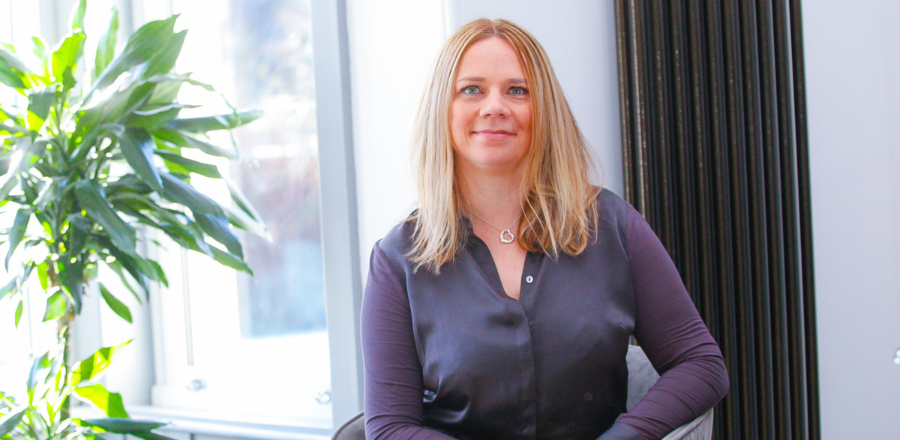Campaigning psychologist celebrates new standards for heart disease patients

Glasgow Caledonian University lecturer Dr Liza Morton, who was the world’s youngest pacemaker baby, played a huge part in new standards published today to support congenital heart disease (CHD) care in Scotland.
The campaigning Lecturer in Applied Psychology and Counselling Psychologist has been sharing her story and fighting to improve the lives of hundreds of people with the condition for many years. She even wrote a book about her journey entitled Healing Hearts and Minds.
CHD is a general term for a range of conditions that affect the way the heart works. The term ‘congenital’ means the condition is present from birth. CHD affects up to eight in every 1,000 babies born in the UK.
Dr Morton first petitioned Holyrood for improvements back in 2012 after she was sent away from A&E by staff who did not believe that her pacemaker was failing. She was invited to present evidence to the Public Petitions Committee - https://www.youtube.com/watch?v=NoKtynh26UQ.
She was then asked to represent the views of patients on a 23-strong expert standards development group, set up by Healthcare Improvement Scotland (HIS), as part of the CHD Standards Project.
Now Dr Morton is delighted that her hard work has paid off and HIS has published Congenital Heart Disease Standards that will apply to all NHS boards in Scotland and will to improve the way people born with heart abnormalities are cared for throughout their lives.
The standards aim to ensure that consistently high levels of care and services are offered to all patients diagnosed with CHD and their carers. One of the key recommendations in the standards, is also to improve detection rates of CHD in unborn babies.
Dr Morton said: “It has been an emotional journey and I am so excited to see these standards finally published. They are important standards that should have a very real impact and improve the lives of people with a heart condition from childhood throughout life.
“As a Counselling Psychologist and Lecturer in Applied Psychology, I am particularly delighted the standards include a specific standard on the mental health needs of this population.
“Around half of people with CHD are diagnosed with anxiety, depression or post-traumatic stress disorder in their lifetime. Serious illness during childhood is an adverse childhood experience and living with a lifelong heart condition can involve facing a range of unique life challenges.
“A psychologically informed approach to healthcare provision could help to mitigate this by promoting wellbeing, psychological safety, choice, collaboration and empowerment while understanding the reality of people’s lives and experiences.
“Around 20,000 people living in Scotland have a congenital heart condition. This population is growing thanks to improvements in medical care with survival to adulthood increasing by over 70% since the mid-20th.
“Treatment of congenital heart conditions has revolutionised during this time with Glasgow playing a leading role internationally. I have benefited from this pioneering care since being fitted with a cardiac pacemaker at just 11 days old at Yorkhill hospital in Glasgow, a world first in 1978.
“However, the healthcare needs of this growing population are significantly different from people with acquired heart conditions and the need for specialist lifelong care is now recognised internationally. I hope that these healthcare standards will lead to improvements in care by engendering trust, safety and patient empowerment to enable people with this condition to live as normal a life as possible.”
Rachel Hewitt, Programme Manager on the CHD standards work at HIS, said: "We're delighted that the standards have now been published for to help improve care for people with CHD. The standards relate to levels of performance that people should expect from health services and cover the key issues relating to the provision of safe, effective and person-centred care and treatment.
“The development group showed passion and commitment and a wealth of experience, and it has been a privilege to work with people like Liza who have been so willing to share their unique and personal experiences on how CHD has impacted her life."
